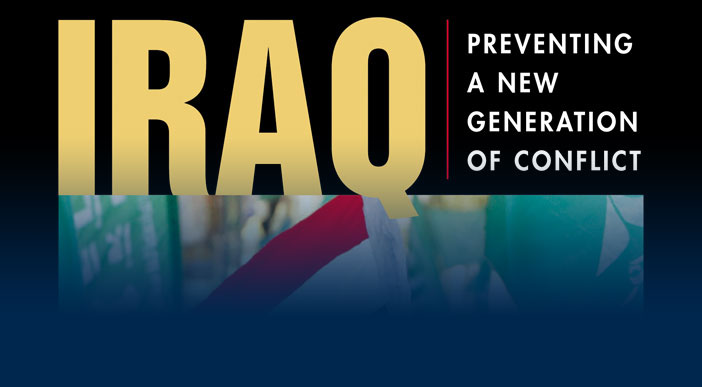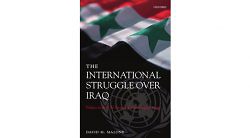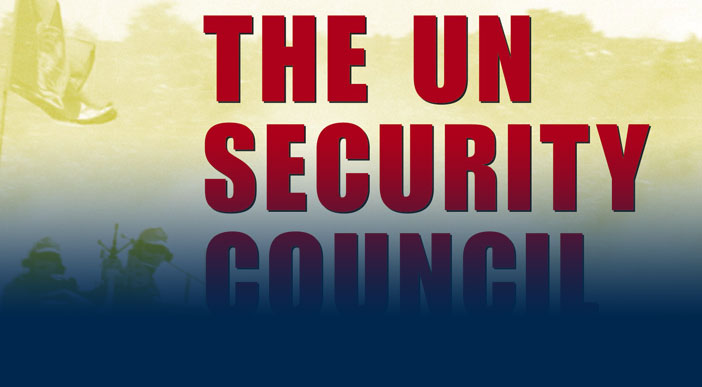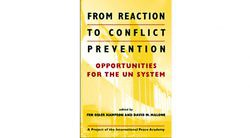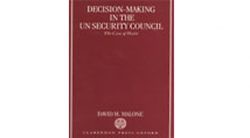
After grappling for two decades with the realities of the post-Cold War era, the UN Security Council must now meet the challenges of a resurgence of great power rivalry amid a context of rising crises. Reflecting this new environment, The UN Security Council in the 21st Century provides a comprehensive look at the Security Council […]
Read more